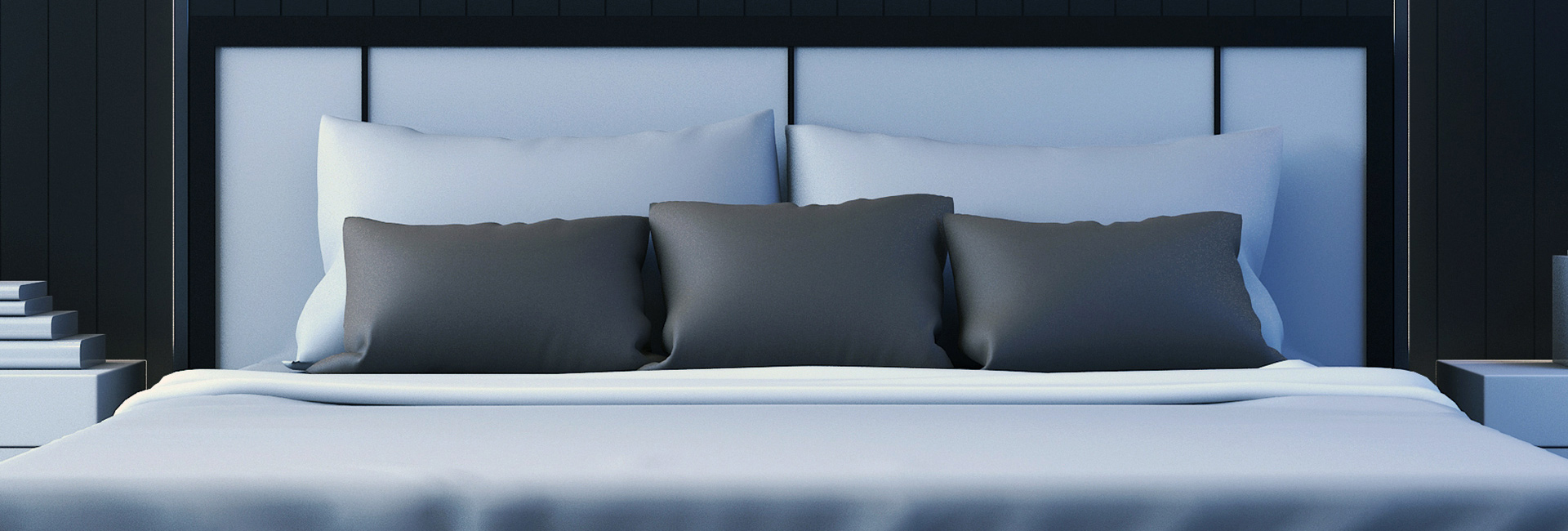
About Sleep Apnea
Many people have heard of sleep apnea but aren’t exactly sure what it is or what types of symptoms it causes. It’s important to know the facts about this condition because it can create serious problems for your health and well-being. Be aware of the signs and symptoms of sleep apnea so that you can seek treatment if you have this condition. There are many sleep apnea treatments available, and a specialist can work closely with you to determine which one is the best fit for you!
Causes of Sleep Apnea
Health Risks & Treatment Options
What causes me to stop breathing throughout the night?
Sleep apnea results in brief apneic episodes while the patient is asleep. This means that the patient stops breathing for a very short period of time. This happens many times throughout the night, and the cause is often an airway obstruction. The soft tissues at the back of your throat may go slack and slide over the airway opening, eventually blocking it. You are at greater risk for sleep apnea if you have a large neck circumference, a smaller jaw or are obese, among other risk factors.
In addition to pauses in breathing, which may be noticed by a sleeping partner, other sleep apnea symptoms include loud snoring, daytime drowsiness, along with morning headaches, sore throats or dry mouth. If you notice a combination of these symptoms, you should consult with a sleep apnea specialist to learn about treatment options.
Sleep Apnea: A Serious Threat To Your Health
Quality sleep is instrumental to our health, but people who have untreated sleep apnea aren’t getting as much rest as they need. Consequently, sleep apnea appears to have a relationship with a variety of health conditions, ranging from obesity to high blood pressure. It may be linked to an increased risk of stroke and even sudden unexpected death. This is why it is imperative for you to be evaluated for sleep apnea treatment if you are experiencing symptoms of this condition.
Sleep Apnea Treatment Options
Different sleep apnea treatment options are available, so don’t be concerned that you’ll be saddled with an unwieldy CPAP device if you want to get your symptoms under control. Many patients respond well to oral appliance therapy, which is much more convenient than a CPAP. If this approach is recommended in your case, you will wear an appliance that fits entirely – and comfortably – in your mouth. Most patients find it much easier to use an oral appliance and are more likely to adhere to this treatment regimen when it is prescribed for them.
Benefits of Treatment
Restful Sleep
A full night’s sleep for both you and your partner. Wake up feeling refreshed and rejuvenated.
Daytime Alertness
Experience increased concentration, memory, focus and energy.
Improved Health
Avoid the health risks caused by untreated sleep apnea and live a longer, healthier, more enjoyable life.
